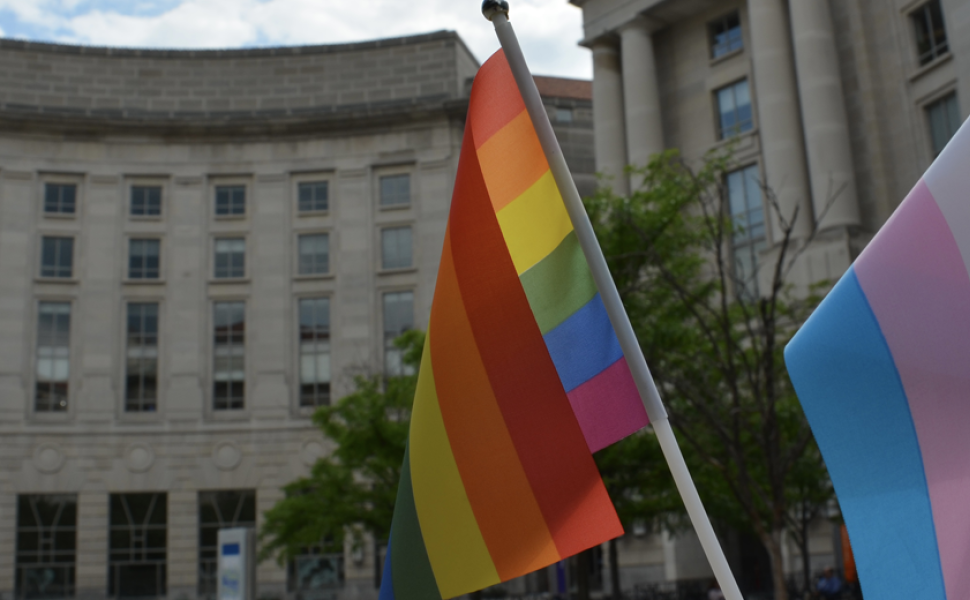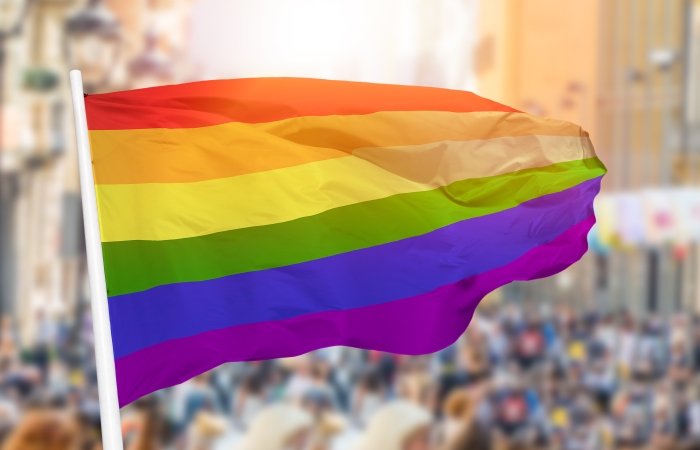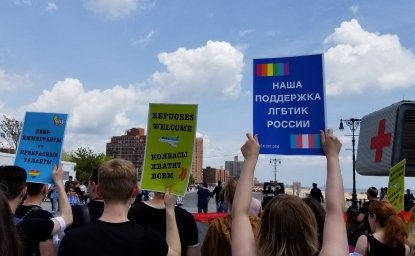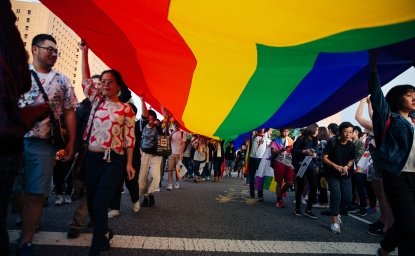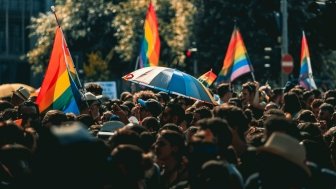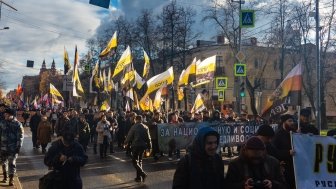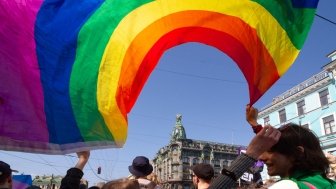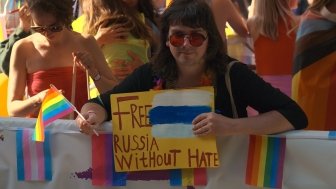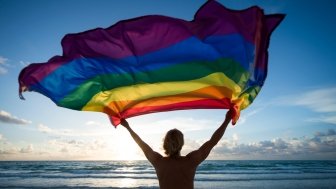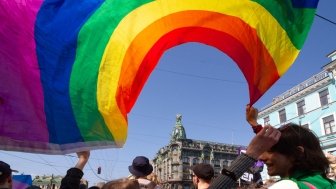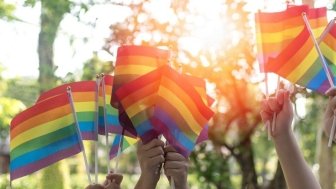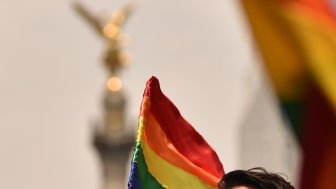Interview with Robeyoncé Lima, a Voice for Pernambuco’s LGBTQ+
The Brazil Institute interviewed Robeyoncé Lima, a lawyer and activist who was the first trans woman politician to be elected in the Brazilian state of Pernambuco and first trans lawyer to join the Brazilian Bar Association (OAB) in her state. She was elected a state deputy for Pernambuco in 2018 through the collective candidacy JUNTAS (PSOL). In this interview, we talk about Lima’s motivations for running for public office and her main legislative goals as deputy. The conversation also explores some of prejudice that still exists when it comes to the participation of trans people, Afro-descendants, and women in Brazilian politics; as well as a discussion of the broader challenges that the trans community faces in Brazil.
LGBTQ Rights in Brazil: Could the Elections Impact a Challenging Landscape?
Every June, São Paulo hosts its own celebration of LGBTQ+ identity and rights. Despite the happy atmosphere of celebration, this community still faces deep and growing challenges in the country. The Grupo Gay da Bahia (GGB)—the oldest LBGTQ+ rights organisation in Brazil—found that there were 445 deaths in 2017 due to sexual or gender orientation: the largest number in thirty-eight years, and representing a 30 percent increase from 2016.
This blog post discusses the deep political overtones of the June 2018 pride parade, against the backdrop of increasing violence and an election year in which none of the main presidential candidates were active allies of the LGBTQ+ community. In fact, the leading candidate (and now president) has long been openly opposed to gender and sexuality education programs and same-sex marriage.
Brazil’s Violence Map Shows Alarming Trends
Brazil's 2019 Violence Map showed that the country had, once again, broken its record both in absolute numbers of homicides and murder rate per 100,000 people—but those numbers were not evenly distributed among the population. The data showed a rise in violence against Black people, women, and LGBTQ+ people. Between 2015 and 2016, there was a 10-percent bump in violence against homosexual people and 35 percent increase in violence against bisexual people. Yet the report also highlighted the need for better data in Brazil: neither the official census nor the Brazilian Institute of Geography and Statistics ask people about their sexual orientation, and police data does not sort victims based on sexual orientation.
Infographics from Brazil Institute
LGBTQ+ Community in Brazil in 2020
The Brazilian LGBTQ+ Community continues to face significant challenges in the fight for rights, equality, and personal safety. However, they have managed to win several key legal battles over the last decade. This Brazil Institute infographic covers some of the major victories for the Brazilian LGBT+ community, including the legalisation of same-sex marriage, legalisation of name and gender change for transgender individuals, and the criminalization of gender and sexuality-based discrimination.
LGBTQ+ Community in Brazil (2019)
In 2019, nearly 30% of young Brazilians identified as a member of the LGBTQ+ community, but many still lack comprehensive protections. This infographic summarizes some of key rights gained, as well as the serious challenges that remain due to ongoing violence and homophobia.
